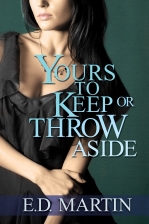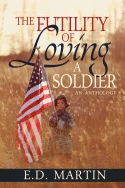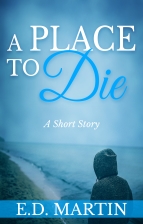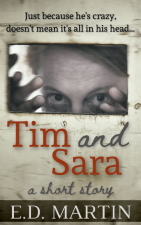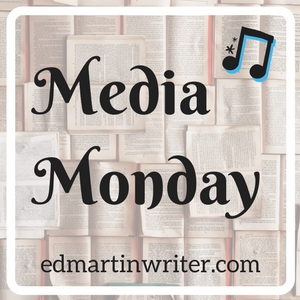 The books: A series I’m not going to name because I don’t want people attacking the author
The books: A series I’m not going to name because I don’t want people attacking the author
The media: “Pocahontas Was a Mistake, and Here’s Why!” by Lindsay Ellis
Scenario one:
I used to live in Bismarck, ND, about a decade or so ago. When I moved into my house, my landlord said to me, “There’s an Indian family who lives next door, but they’re okay.” My initial reaction was, “Yeah, why wouldn’t they be?” And then, as I lived in this town, I realized that the residents were generally racist AF towards the Native Americans who lived on the nearby Standing Rock Lakota Reservation. Like, to the point that we had a rundown-ish Walmart close to the reservation and a new shiny Walmart on the northside of town for the white people. I mentioned this comment to a friend who was equally appalled. “Native Americans are such a noble people!” Ouch.
Scenario two:
I recently went on a social distancing vacation, just me driving around the prairie in my van, hiking and generally avoiding people. It was glorious. But anyways. I wanted to go to the Wounded Knee memorial on the Pine Ridge Reservation. I was able to drive across the Rosebud Reservation, but Pine Ridge was closed, with checkpoints, so I had to take a raincheck. The reservations have been hit especially hard by COVID-19, for a multitude of reasons. The main one being, lack of access to healthcare. Have you ever been to a reservation town, especially out West? They just seem…tired, especially when compared to non-reservation towns. It’s nothing you can even really describe, just a vibe I get. I think it’s something you just pick up on the more you travel, like how you can get a different feel when you’re in the Midwest compared to the South compared to the West. If you’ve experienced this and can articulate it better, please do in the comments!
Scenario three:
The area I live in was once home to Sauk and Mesquawki/Fox tribes, and my town was built on the remnants of Saukenuk, a massive, prosperous town of nearly 5000 people in then 1820s, when the US government (of course) came through and kicked people out. Every fall the tribes return to the park that’s now all that’s left for a celebratory pow-wow, complete with lots of dancing, crafts, and food. About seven or eight years ago, I took my son, who was about six or seven at the time, and he made the comment that he’d never seen a real Native American before. I was floored and explained to him that we saw tons of them when we lived in North Dakota; they act and dress just like everyone else in America. And then we had a long conversation about how many are forced to choose between staying on the reservation, with all its problems but also with keeping that connection to one’s culture and family, or moving off the reservation to get out of poverty but losing that connection.
Scenario four:
The plot of this week’s books. Basically, there’s this event where a quarter or so of the world’s population wakes up as one of four groups: ogre, dwarf, fairy, or Native American. Yes, Native Americans are lumped in with fantasy races. I made it through 1.5 of the books and there’s no explanation of whether having any Indigenous People’s heritage plays a part in this. Anyways, the Native Americans band together to take on and defeat the US, thus regaining their land, or at least some of it, and forming their own nation. No explanation that I recall of whether people still identify as a member of a particular tribe.
I think we can all agree that forcing Native Americans onto reservations was a bad thing. Forcing their children to go to missionary schools that forcibly erased their culture was bad. But elevating them to a mythical race, or a noble race, or even just lumping them all in as Native Americans and not Lakota or Iroquois or Navajo or Cherokee can be just as damaging. People on reservations are struggling right now, pretty damn bad. There’s also substance use and domestic violence and poverty and the US government being giant jerkfaces regarding their sovereignty. I’m not saying we should focus just on the negatives, because they also have rich cultures and traditions. Like all cultures, they have positives and negatives. But romanticizing them, or treating them as a long-extinct race, isn’t helping anyone.
(Also, I definitely want to say that these books weren’t bad; they were well written and had good pacing and character development, but I just couldn’t make it past that scenario 4 above.)
Usually my book reviews include a related song, but that just didn’t feel right for this topic. So, instead, I’m linking to a video by Lindsay Ellis about Disney and their portrayal of other cultures, how it’s evolved but still isn’t where it should be.


